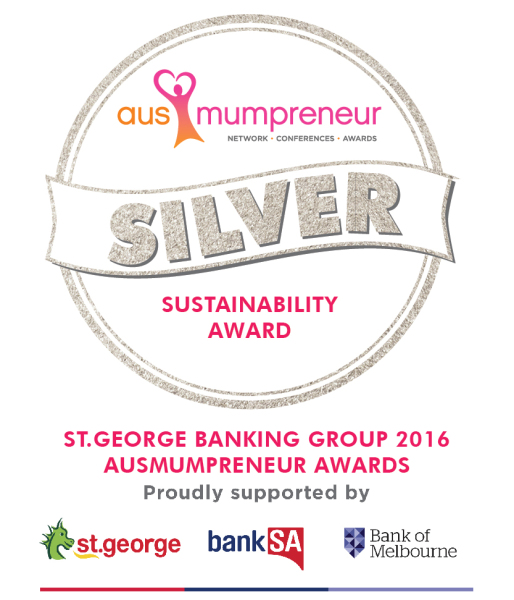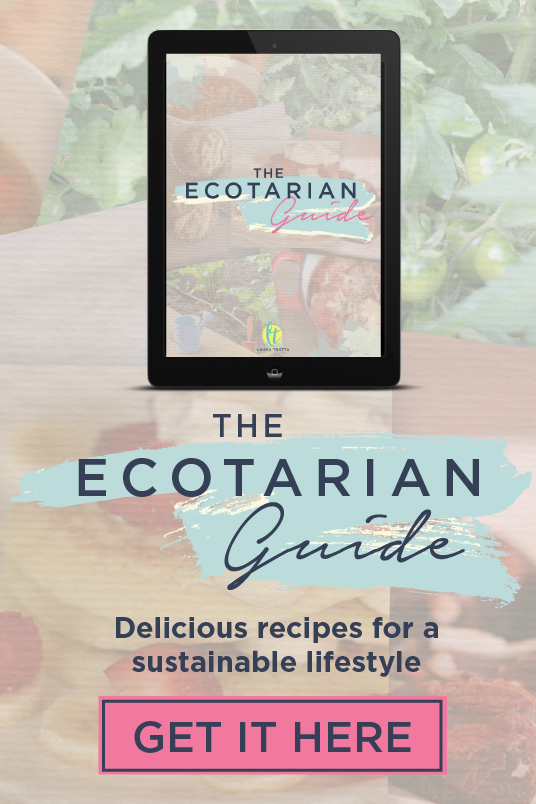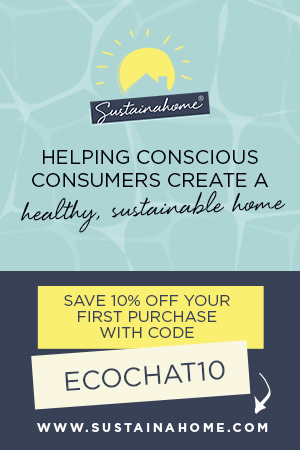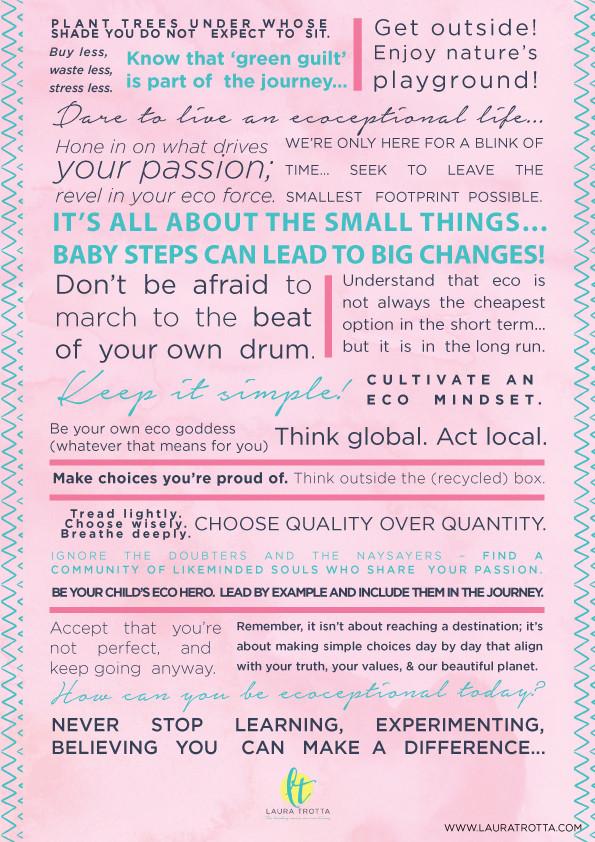If you’re keen to reduce your impact on the planet and improve your family’s health and well-being in the process, but you’re just not sure where to start, you’re in the right place!
In this post, I’ve collated my best tips to start (or up level) your eco journey. You’ll also be able to complete a fun quiz that will help you identify how self sufficient your lifestyle currently is.
Podcast: Play in new window
“Where do I start?” and “What do I do next?”
If you’re keen to reduce your impact on the planet and improve your family’s health and well-being in the process, it’s likely you’ve asked these questions of yourself at some stage.
But what’s the answer?
Is it best to start by reducing toxins in your home? Planting a garden? Reducing plastics? Cutting food waste? Reducing your power and water consumption? Ditching processed foods?
There are so many angles to living more sustainably, it’s no surprise that so many people find it all a bit overwhelming!!
But for those of us who do want to live lighter on the planet and improve the health and well-being of our families as well, where is the best place to start?
Well, Julie Andrews hit the mark in The Sound of Music’s “Do-Re-Mi.”
We start at the very beginning.
Your beginning.
Which brings me to step 1…. Identifying your starting point.
1. Identify Your Starting Point
Your beginning is exactly that…
Your starting point.
You may actually not be starting at the very beginning like you think you might be.
There’s likely to be many areas of your lifestyle where you’re more sustainable than you give yourself credit for.
I find that so many women, in particular, focus on what they’re not doing, or where they’re failing to meet their expectations…. which is really detrimental to getting some positive momentum and moving forward.
I come across this so often that I even discussed this in my very first podcast episode You’re More Eco-Friendly Than You Think (you can listen in here)!
But for now, to help you identify where your starting point is I’ve put together a fun quiz.
Click here to discover how self sufficient your lifestyle is!
Once you know your starting point, and whether you’re a Green Greenie, a Self-Sufficiency Realist or a Self-Sufficiency Ninja it makes it much easier to take the next steps…. whether that’s starting from scratch, or up-levelling your green game even further.
2. Reclaim Some Time
Regardless of whether you’re just starting your self-sufficiency journey, or you’re looking for new challenges to lift your green game, you’ll need to find some time to learn new skills and break some old habits.
Finding time is a bit misleading though, as we all have the same amount of hours in the day and it’s not like we can find new time.
Getting organised is more about reclaiming time. Or more specifically, reclaiming lost time.
I dedicate the entire first module in Self Sufficiency in the Suburbs to getting organised and freeing up your time for a good reason…. and that’s because time, or lack of it (!), is the no.1 barrier my students have identified to making more sustainable lifestyle choices.
Want to know the number one way to reclaim some time?
It’s learning how to say no.
Now I know that saying “no” doesn’t come naturally to so many of us. After all, women and mothers in particular are wired by nature to help others!! But, I can’t stress how important it is that you learn how to say no.
Learning to say no is transforming my life (I’m not there fully but I am on my way!)
You see, I’ve always been the go-to “yes” girl.
Need something done? Just ask Laura. I’ve always prided myself on being useful and helpful but things eventually got out of hand…..
Backtrack to 2014 and I was running not one, but two online businesses, working from home around two pre-schoolers, running a household, trying to exercise, chairing the local Business Forum and taking care of publicity for the local early learning centre. On top of all this I hadn’t had a full night sleep in over two years since my youngest seemed to think that sleeping was optional.
Not only was I on the express train to burnout, I was stressed out and unhappy… racing around trying to please others…..many of whom couldn’t be pleased anyway.
So I started saying no. It was very hard at first but I’ve been practicing and it’s getting easier.
And I’m so glad I did.
Right now I’m not on any committees and the organisations are surviving just fine without me. I sold one of my online businesses last year and kept the one that really filled me up.
By me saying no, my husband Paul (a go-to “yes” kinda guy who works full time, and up until last year ran the local cricket association, played cricket, umpired footy and was on umpteen committees) felt enabled to start saying “no” more too!
And then something happened, we started veggie gardening again….
Paul and I started our first organic vegetable garden in 2005 but in recent years it had slipped off during a crazy busy patch. Learning to say no allowed us to find time to garden again and in doing so we’re feeling happier and more fulfilled, and can entice the kids away from their screens a little easier and get them back outside, learning about where food comes from, which is so important to both of us.
So you see?
Saying no stopped me doing the things that were making me tired and miserable. It also freed up time for us to do the things that we enjoy, that align with our values and that fulfil us.
Bit of a no brainer when you look at it like that, hey!
I uncover a heap of tips and tricks to reclaim your time in the first module of Self Sufficiency in the Suburbs, but for now, focus on saying no to just one thing this week that you would have automatically said yes to, and instead put that time towards taking the first (or next) step in your eco journey.
3. Take the First or Next Step
Now that you’ve reclaimed some time, let’s put it to better use by actively taking the first or next step in your journey towards self-sufficiency.
While completing the Self Sufficiency Quiz, it would have been clear to you what areas you were excelling at, and where you could improve.
Well, it’s time now to hone in on one of those areas and decide what change you’ll make next.
For the purpose of an example, let’s hone in on the kitchen.
The kitchen is the heart of every home, but in some households it’s about to have a cardiac arrest due to the about of waste it has to contend with!
Given we eat multiple times a day, there’s multiple opportunities a day to make decisions that not only reduce the waste produced by a household, they reduce the resources consumed by a household (think resources used to produce, package and transport food products to your home).
Some changes you can easily make to get your Eco Kitchen started, or take it to the next level include:
- When shopping look at the origin of the food products you’re buying. Make a conscious effort to buy the product with lower food miles. Live in Australia and always reach for the Italian tin tomatoes? Buy the Aussie-grown ones.
- Make one extra meal at home this week instead of buying take-away. And while you’re there, double the recipe and pop some meals in your freezer for another evening when you just don’t feel like cooking. I don’t spend considerably more time cooking than the average mum, I just try and be smart about it and cook in batches.
- Switching one meat-based meal this week (and every week) for a plant-based one.
- Choosing one packet food that you regularly buy and learn how to make it from scratch. This could include making your own liquid stock rather than buying a powder full of preservatives or learning how to make gravy. You could peel and cut up potatoes and toss them in olive oil and salt and bake them in the oven for 20 minutes at 180°C instead of emptying half a packet of frozen chips into the oven. Or it could include buying your bread from the local baker rather than supermarket bagged bread that’s travelled half way across the country, or even having a go at baking your own bread!
Once you’ve taken a few steps to eco-fy your kitchen you could then move onto other areas of your household like your garden (home-grown veggies are the bomb!), focus in on reducing your household’s waste, lower your households use of chemicals, take steps to make your home more energy and water efficient, break up with plastics, or introduce some “productive pets” like chickens or a worm farm into the mix.
Get Started Today!
Starting or up-levelling your journey towards self-sufficiency is really as easy as 1, 2, 3!
By identifying your starting point, reclaiming some time and actively taking the first or next step, you’ll be well on the way to living an ecoceptional life your great-grandmother would be proud of!
What’s one thing you’re going to say no to this week to reclaim some time? What is the first (or the next) step in your eco journey? Share below!
Podcast: Play in new window | Download
- Sustainable Home Design- factors to consider to maximise sustainability - July 28, 2022
- Advantage and Disadvantages of Tiny Houses - May 31, 2022
- How School Strike 4 Climate is Empowering Youth to Fight for Their Future - May 1, 2022

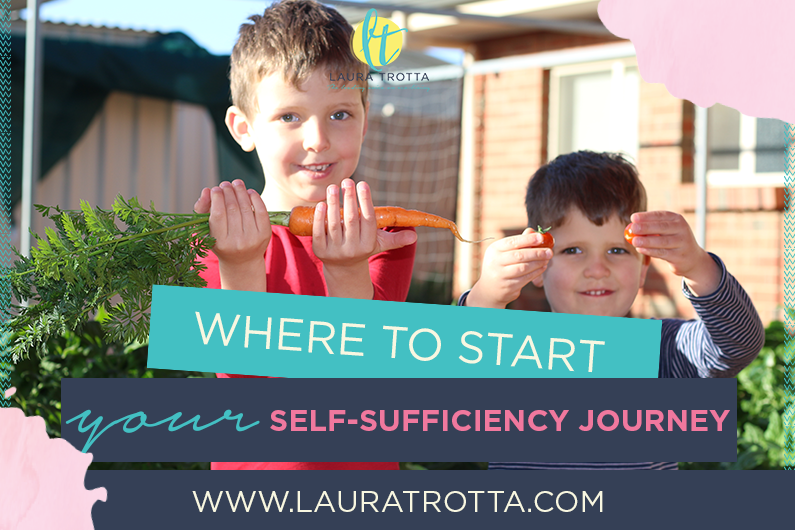
 Laura Trotta is one of Australia’s leading home sustainability experts. She has a Bachelor of Environmental Engineering, a Masters of Science (in Environmental Chemistry) and spent 11 years working as an environmental professional before creating her first online eco business, Sustainababy, in 2009. She has won numerous regional and national awards for her fresh and inspiring take on living an ‘ecoceptional’ life (including most recently winning the Brand South Australia Flinders University Education Award (2015) for the north-west region in SA and silver in the Eco-friendly category of the 2015 Ausmumpreneur Awards). With a regular segment on ABC Radio and with her work featured in publications like Nurture Parenting and My Child Magazine, Laura is an eco thought leader who’s not afraid to challenge the status quo. A passionate believer in addressing the small things to achieve big change, and protecting the planet in practical ways, Laura lives with her husband and two sons in outback South Australia.
Laura Trotta is one of Australia’s leading home sustainability experts. She has a Bachelor of Environmental Engineering, a Masters of Science (in Environmental Chemistry) and spent 11 years working as an environmental professional before creating her first online eco business, Sustainababy, in 2009. She has won numerous regional and national awards for her fresh and inspiring take on living an ‘ecoceptional’ life (including most recently winning the Brand South Australia Flinders University Education Award (2015) for the north-west region in SA and silver in the Eco-friendly category of the 2015 Ausmumpreneur Awards). With a regular segment on ABC Radio and with her work featured in publications like Nurture Parenting and My Child Magazine, Laura is an eco thought leader who’s not afraid to challenge the status quo. A passionate believer in addressing the small things to achieve big change, and protecting the planet in practical ways, Laura lives with her husband and two sons in outback South Australia. 